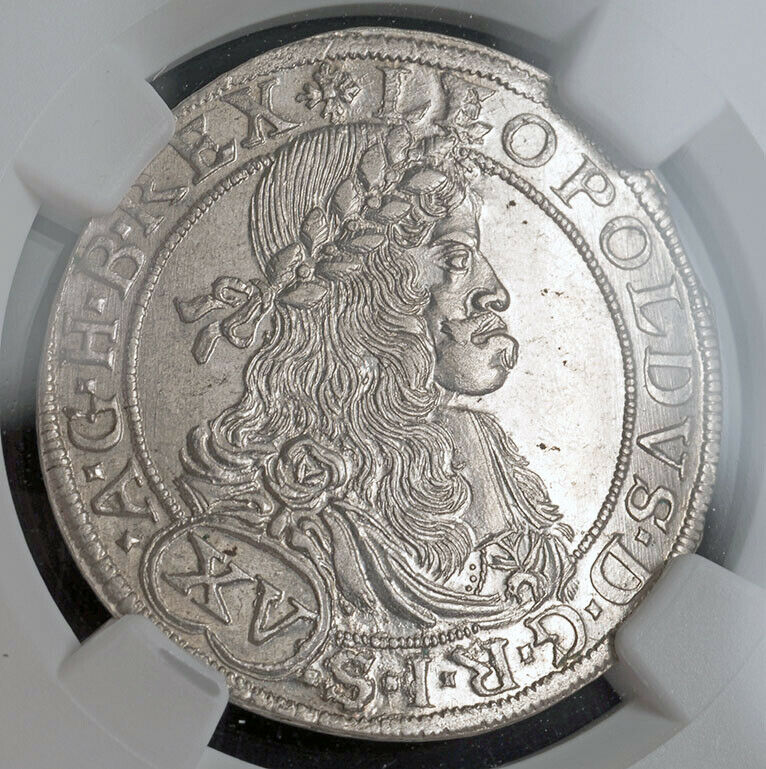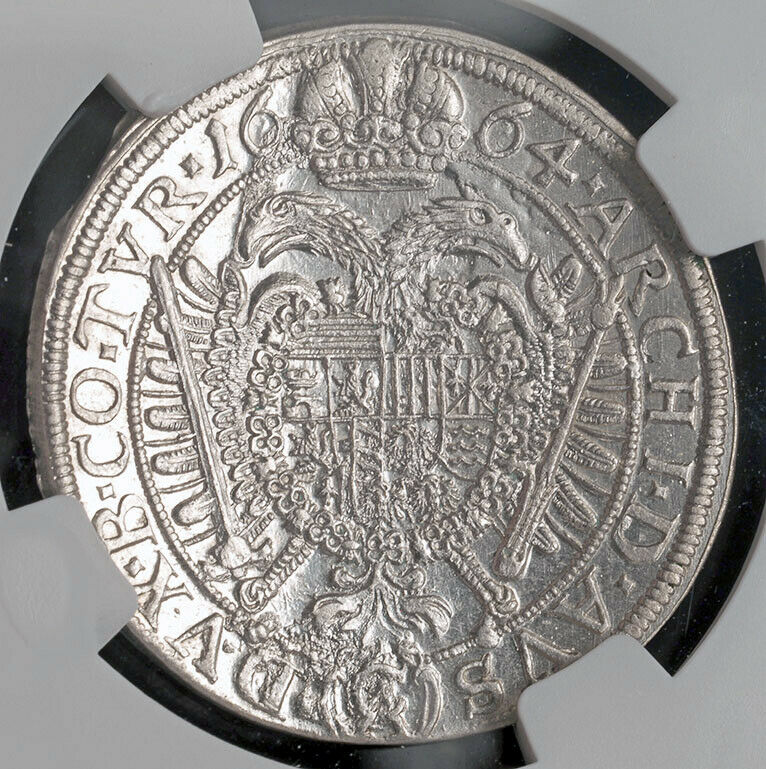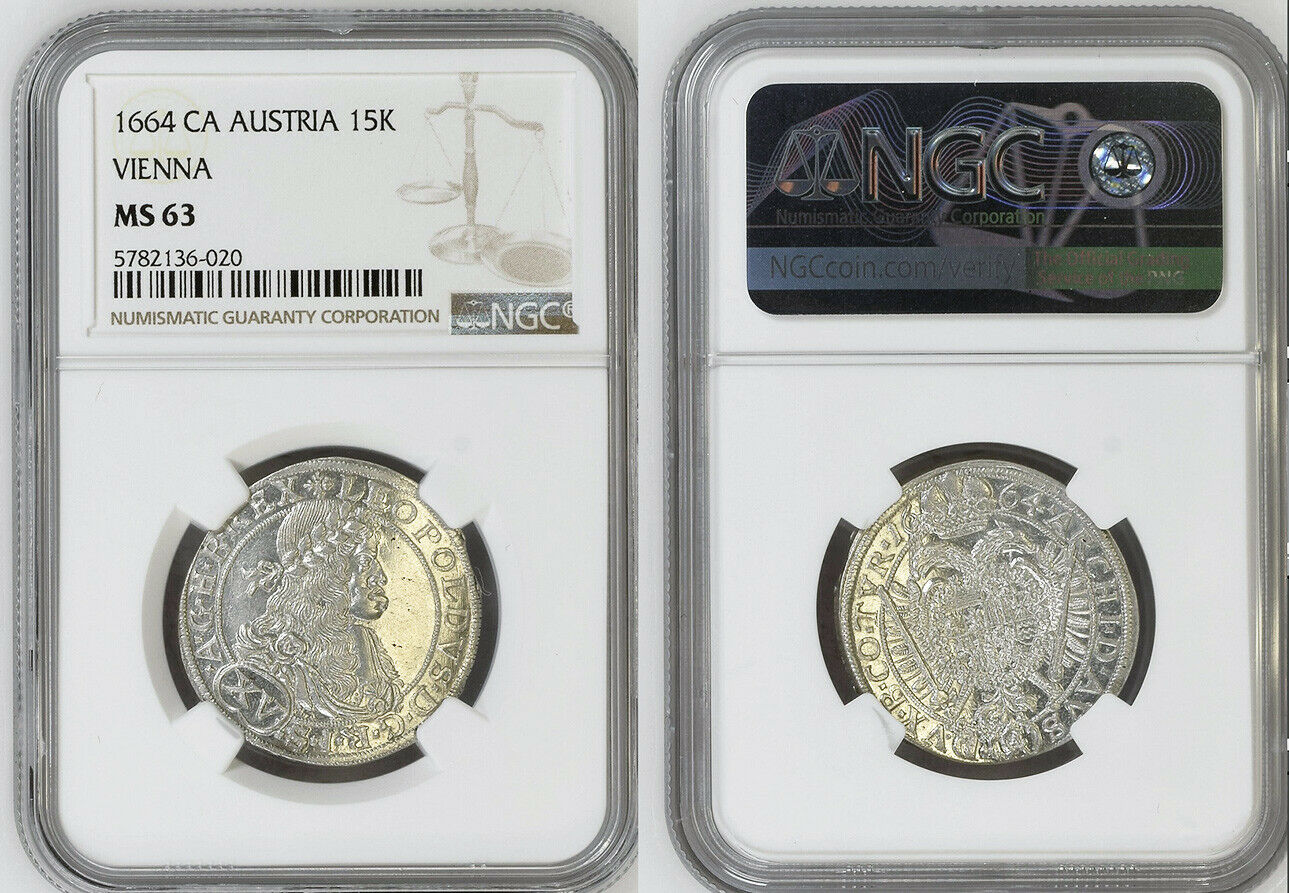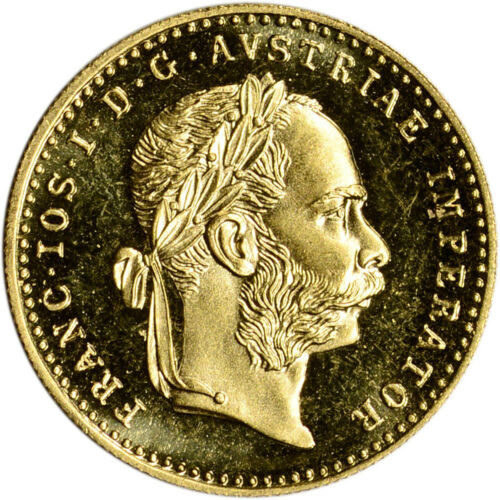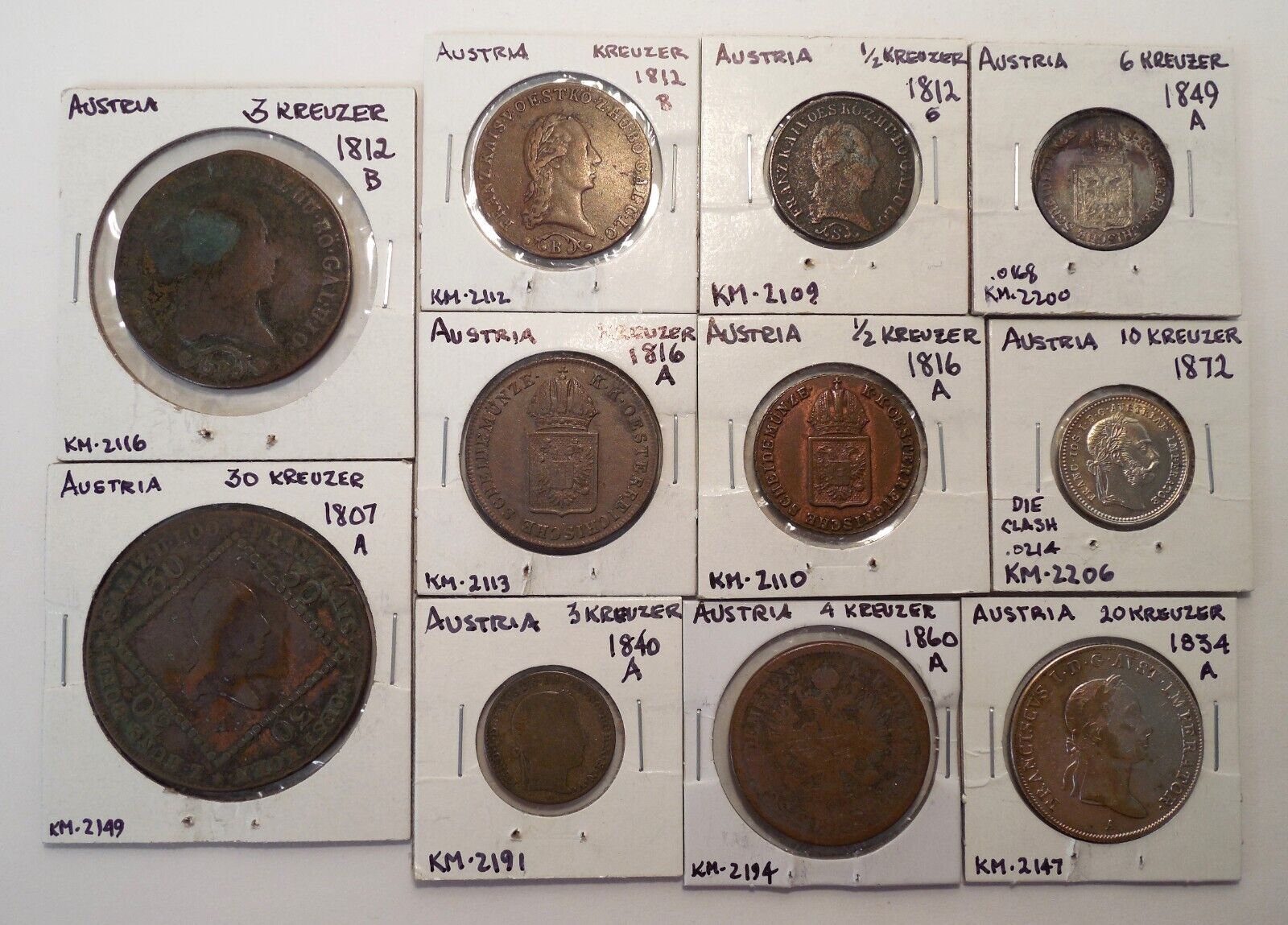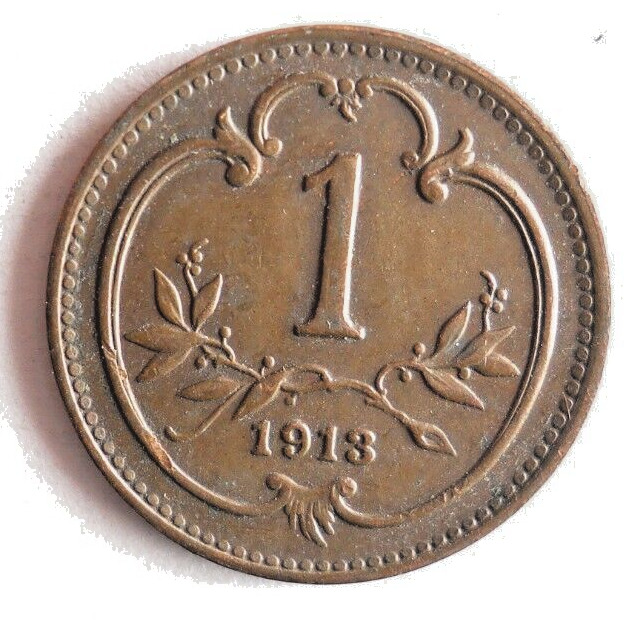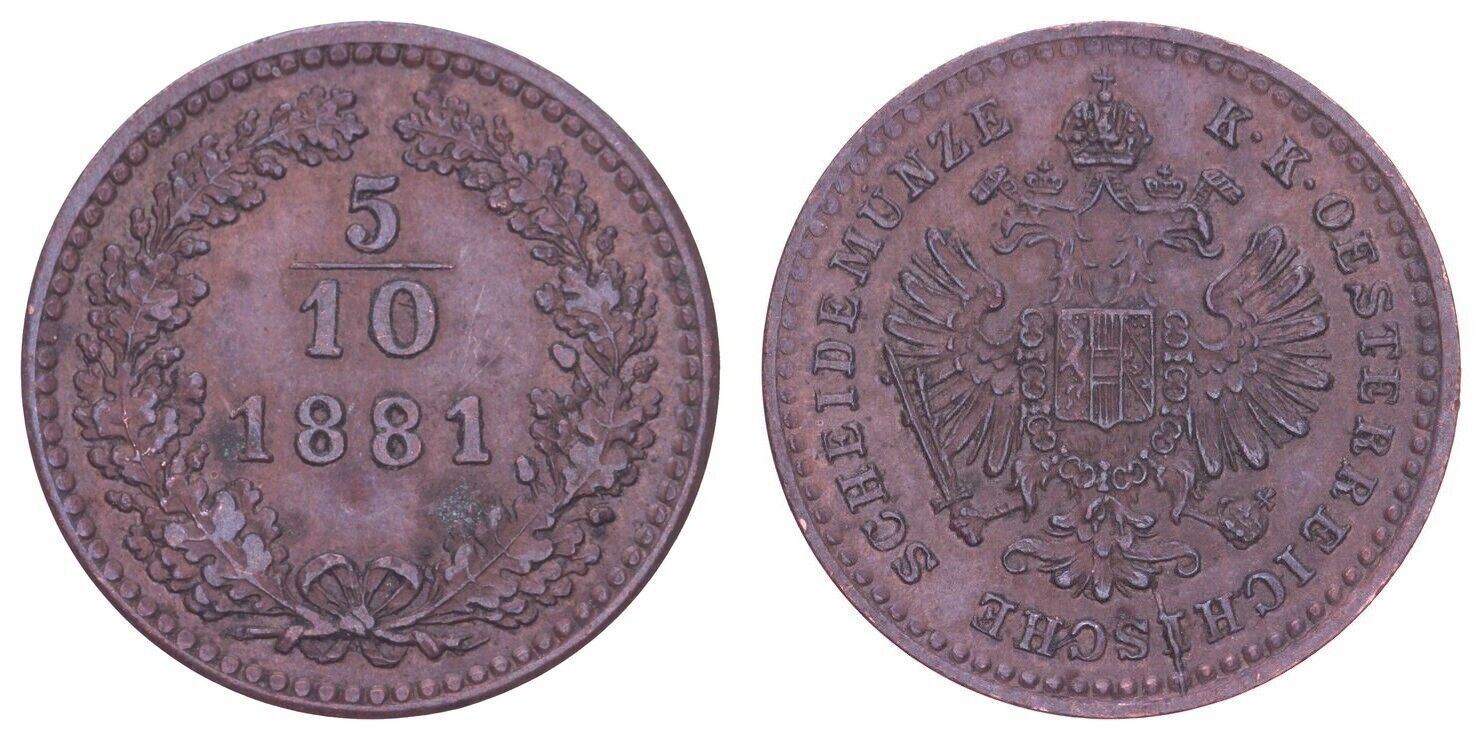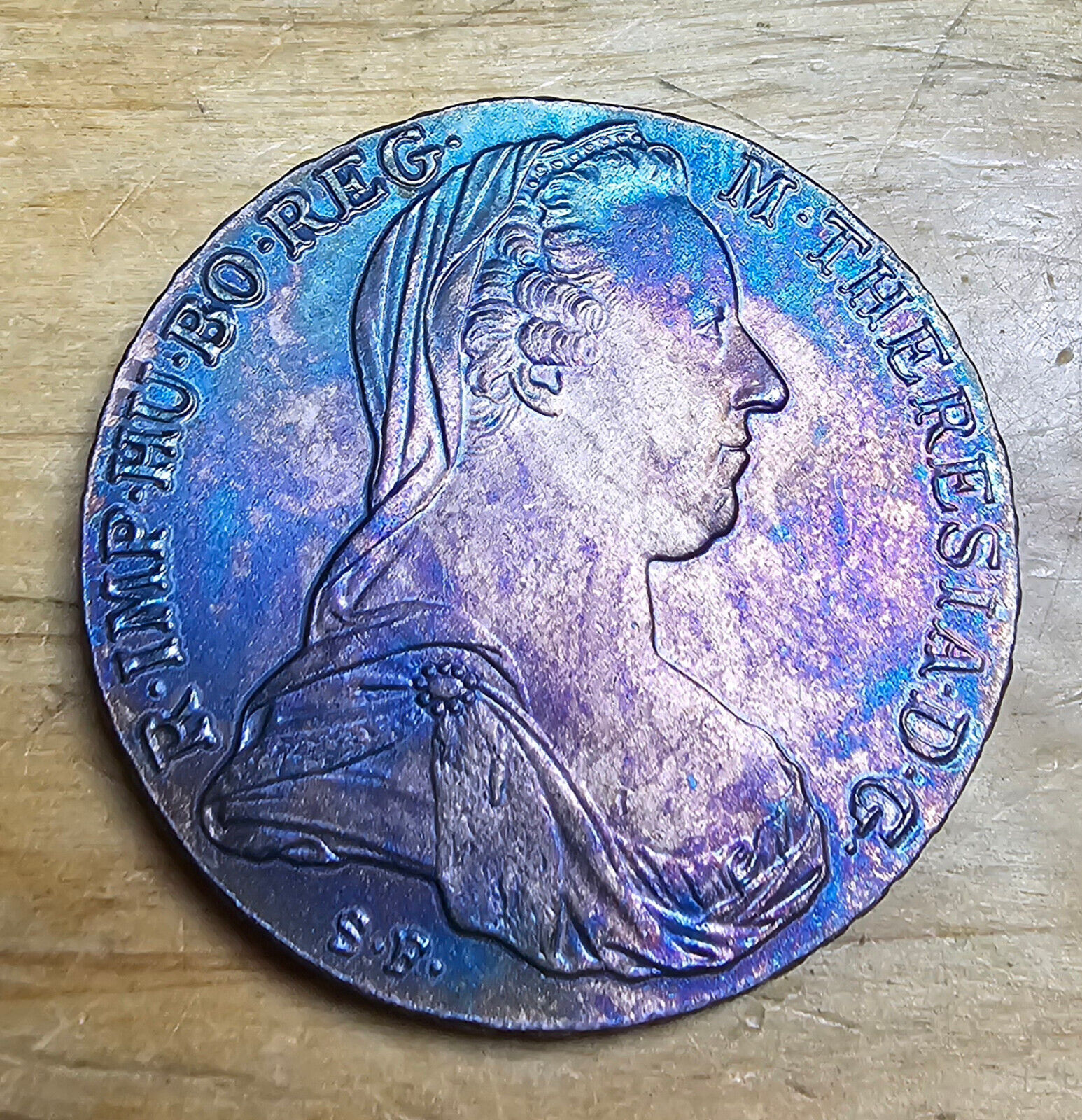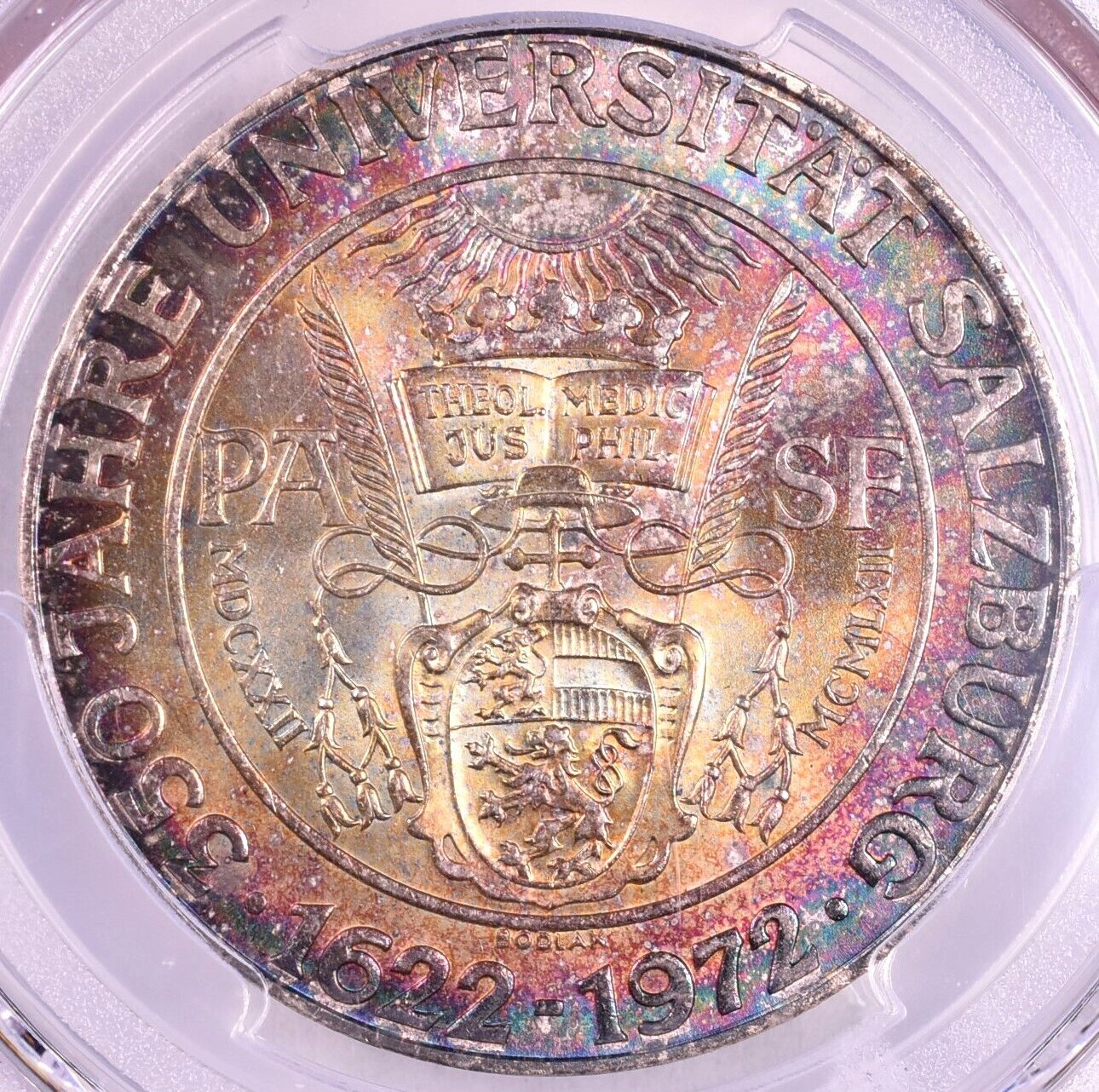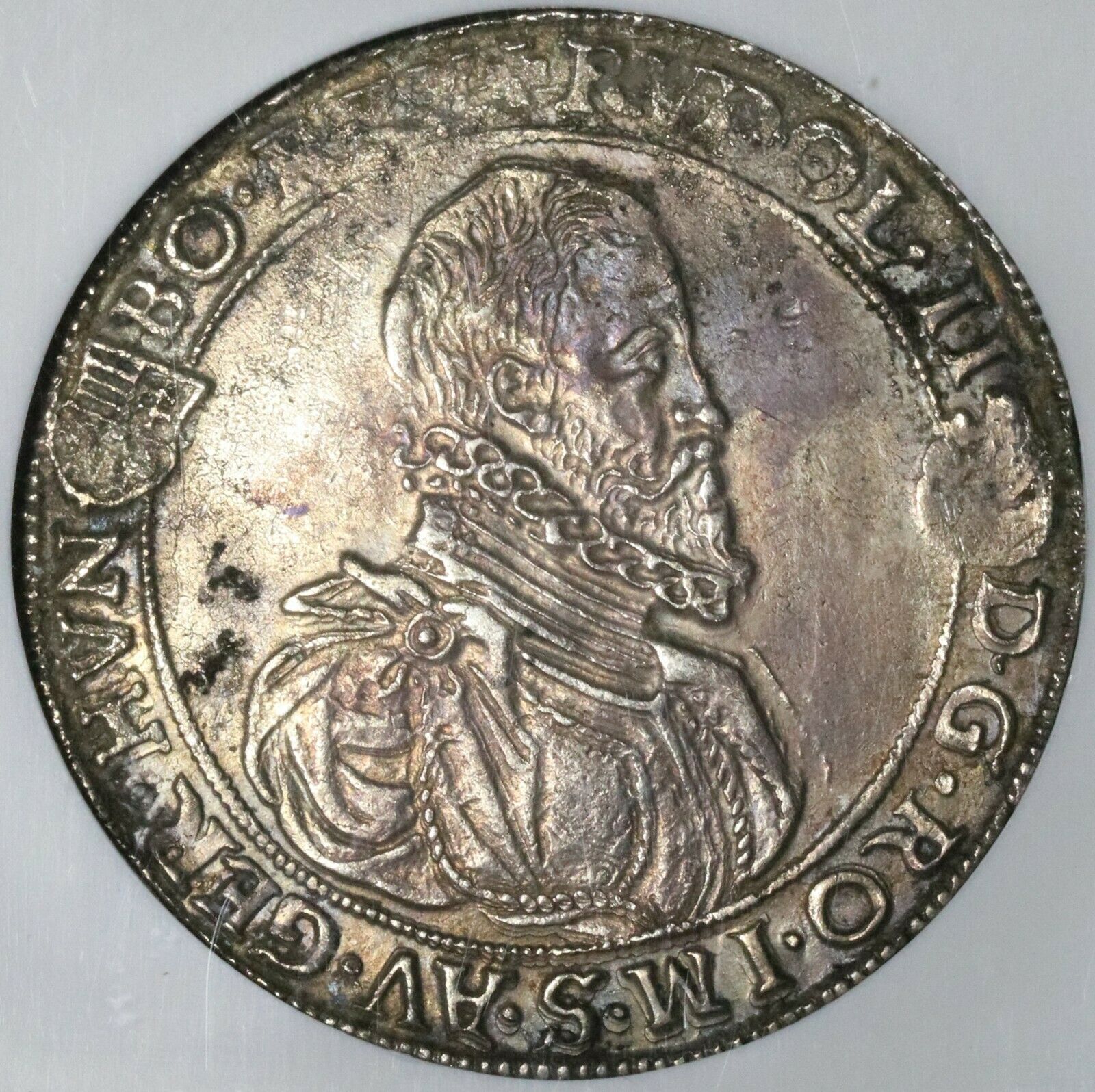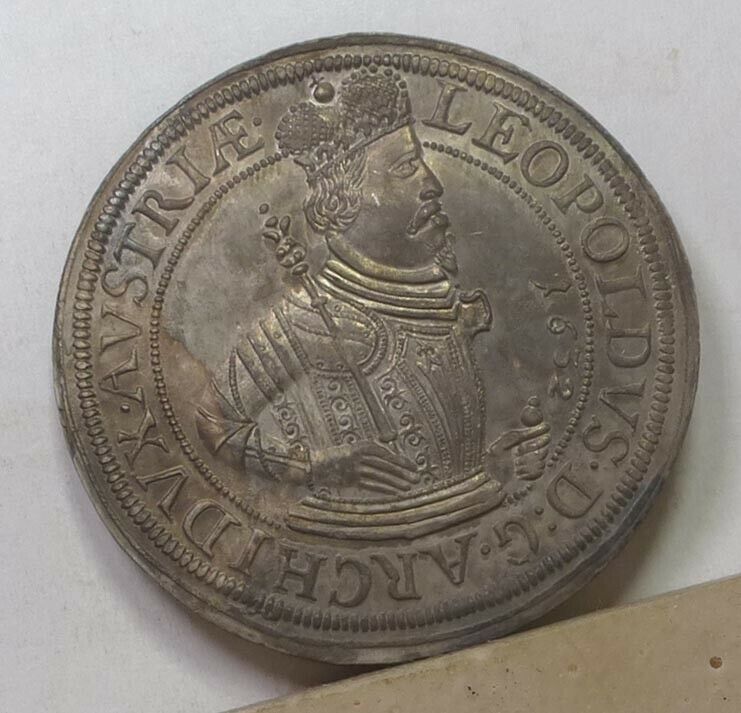-40%
1664, Austria, Leopold I "the Hogmouth". Nice Silver 15 Kreuzer Coin. NGC MS-63!
$ 180.07
- Description
- Size Guide
Description
CoinWorldTV1664, Austria, Leopold I "the Hogmouth". Nice Silver 15 Kreuzer Coin. NGC MS-63!
Mint Year: 1664
Mint Place: Vienna
Reference: KM-1170.
Denomination: 15 Kreuzer
Mint Master: Andrea Cetto (CA)
Ruler: Leopold I "the Hogmouth".
Condition:
Certified and graded by NGC as MS-63!
Diameter: 30mm
Weight: ca. 6gm
Material: Silver
Obverse:
Wreathed and armored bust of Leopold I. "the Hogmouth" right. Value as a roman numeral (XV) inside oval frame below shoulder truncation.
Legend: + LEOPOLDVS . . D : G . R : I : S . (XV) . A : G : H : B : REX
Translation: "
Leopold, by the grace of God, Emperor of the Romans, Ever Augustus, King of Germany, Hungary, and Bohemia
"
Reverse:
Double headed eagle of the Holy Roman Empire, imperial crown above, oval Viennese shield within Toison d'or order at chest. Mint master´s initials (CA) in legend below.
Legend: ARCHIDVX . AVS (CA). DVX . B . CO . TYR . 16 - 64 .
Translation: "
Archduke of Austria, Duke of Burgundy, Count of Tyrol, 1664.
"
Leopold I possessed a more extreme example of the Habsburg jaw which is evident from his portraits which depict it rather consistently. On his coins this feature is depicted less consistently ranging from a slight protrusion to the extremely pronounced distended jaw which led to the nickname:
Leopold the Hogmouth.
Authenticity unconditionally guaranteed.
Bid with confidence!
Leopold I, Holy Roman Emperor
(name in full:
Leopold Ignaz Joseph Balthasar Felician
) Habsburg (June 9, 1640 – May 5, 1705), Holy Roman emperor, was the second son of the emperor Ferdinand III and his first wife Maria Anna of Spain. His maternal grandparents were Philip III of Spain and Margarita of Austria.
He was a younger brother of Ferdinand IV of Hungary and Mariana of Austria. Intended for the Church, he received a good education but his prospects were changed by the death of his elder brother Ferdinand IV, on July 9, 1654 of smallpox, when he became his father's heir.
Leopold was physically unprepossessing. Short and sickly, he had inherited the Habsburg lip to a degree unusual even in his inbred family. One contemporary said of him "His gait was stately, slow and deliberate; his air pensive, his address awkward, his manner uncouth, his disposition cold and phlegmatic".
In 1655 he was chosen king of Hungary and in 1656 king of Bohemia,1657 king of Croatia and in July 1658, more than a year after his father's death, he was elected emperor at Frankfurt in spite of the intrigues of Jules Cardinal Mazarin, who wished to place on the imperial throne Ferdinand Maria, Elector of Bavaria or some other prince whose elevation would break the Habsburg succession.
Mazarin, however, obtained a promise from the new emperor that he would not send assistance to Spain, then at war with France, and, by joining a confederation of German princes, called the league of the Rhine, France secured a certain influence in the internal affairs of Germany. Leopold's long reign covers one of the most important periods of European history; for nearly the whole of its forty-seven years he was pitted against Louis XIV of France, whose dominant personality completely overshadowed Leopold. The emperor was not himself a man of war, and never led his troops in person; yet the greater part of his public life was spent in arranging and directing wars. The first was with Sweden, whose king Charles X found a useful ally in the prince of Transylvania, György II Rákóczi, a rebellious vassal of the Hungarian crown.
This war, a legacy of the last reign, was waged by Leopold as the ally of Poland until peace was made at Oliva in 1660. A more dangerous foe next entered the lists. The Ottoman Empire interfered in the affairs of Transylvania, always an unruly district, and this interference brought on a war with the Holy Roman Empire, which after some desultory operations really began in 1663. By a personal appeal to the diet at Regensburg Leopold induced the princes to send assistance for the campaign; troops were also sent by France, and in August 1664 the great imperialist general, Raimondo Montecuccoli, gained a notable victory at Saint Gotthard. By the Peace of Vasvár the emperor made a twenty years' truce with the sultan, granting more generous terms than his recent victory seemed to render necessary.
Only 1$ shipping for each additional item purchased!
